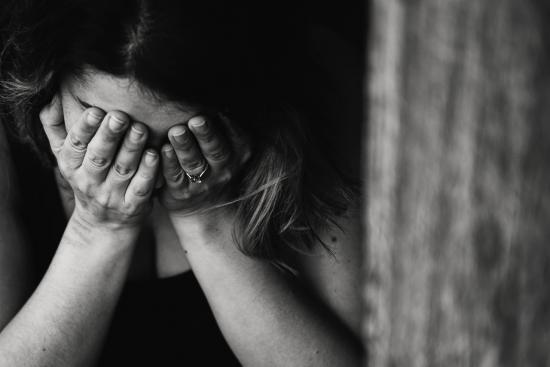Finding Meaning as We Grieve a Year of Pandemic Loss
We’re all grieving after a year of pandemic losses, says author David Kessler.
But there are ways to deal with your grief.
It’s been a year of profound loss.
To process our grief—both big and small—we need to find meaning in what we lost, says author David Kessler.
Mr. Kessler has written six books about grief, including his latest, “Finding Meaning: The Sixth Stage of Grief.” He has counseled health workers and first-responders about handling trauma. During the pandemic, he has spoken to staffers at companies, including The Wall Street Journal, about coping with loss.
Mr. Kessler’s own life has been marked by grief. When he was 13, he witnessed a mass shooting at the hotel he was staying in—across the street from the hospital where his mother was dying. And in 2016, his 21-year-old son died suddenly.
Here are edited excerpts from my conversation with Mr. Kessler.
Are we all experiencing grief, even if we haven’t lost a loved one?
Mr. Kessler: Yes. Everyone has lost something this year: The world we knew, the rituals we used to have, the events that got postponed, a loved one who died. Often, people tell me they are “crying for no reason.” They may not understand that the heaviness they are feeling, the sadness they woke up with, the irritability or anger they have is grief.
Do we all have PTSD?
When we talk about PTSD, we talk about post-traumatic stress. But we aren’t in the post part yet. We have traumatic stress. This is still going on. This is one of the biggest experiences in our lifetime. You don’t recognize the enormity of what you have been through until much later.
What is the sixth stage of grief?
Meaning. I think of meaning as what we create afterward.
We have the false idea that our work is to make grief smaller. Our work is to become bigger and grow around the grief.
Sometimes, when people hear me talk of meaning, they tell me there is no meaning in a murder or a child dying of cancer or a brain tumor or a pandemic. I say: “Correct. The meaning is in us and what we do after.”
Meaning occurs in the small moments. Maybe you become a more generous person. Maybe you become a more determined person. Maybe you become a kinder person.
It can be finding a way to commemorate or honor your loved one.
How can we find meaning after loss?
Meaning is relative and personal. It takes time. You may not find it for months or even years after loss.
Meaning does not equal understanding. When you find meaning, it doesn’t mean you will understand why someone died. The example I give is the founder of Mothers Against Drunk Driving. Her daughter was killed by a drunk driver. She has gone on to find great meaning and save thousands of lives. It doesn’t mean she will ever understand why her daughter died.
Even though you find meaning it is not worth the cost of losing someone. But in time, meaningful connections may replace painful memories. You will be able to focus on the meaning rather than the horrible aspects of a loved one dying.
Your loss is not a test, a lesson, something to handle, a gift or a blessing. Loss is what happens in life. Meaning is what we make happen after loss.





















